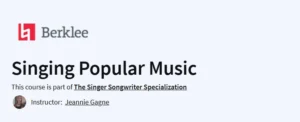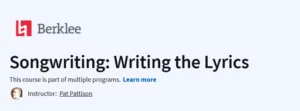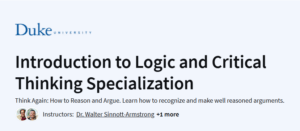Magic in the Middle Ages
An insightful course that provides a comprehensive understanding of medieval magical practices, perfect for history enthusiasts and scholars.
What you will learn in Magic in the Middle Ages Course
- Historical Context of Medieval Magic: Explore the evolution of magical thought from antiquity through the Middle Ages.
- Popular vs. Learned Magic: Distinguish between folk practices and scholarly traditions like alchemy, necromancy, and geomancy.
- Role of Religion and Heresy: Understand how magic intersected with religious beliefs and heretical movements.
- Islamic Influence: Examine the impact of Islamic magical and scientific texts on Western thought.
- Astrology and Geomancy: Study the significance of astrology and geomancy in medieval society.
Program Overview
Introduction to Medieval Magic
⏳ 1 hour
- Overview of magical practices in medieval Europe, including key concepts and historical background.
Magic & Heresy
⏳ 1 hour
- Exploration of the relationship between magic and heretical movements during the Middle Ages.
From Magic to Witchcraft
⏳ 2 hours
- Analysis of the transition from medieval magic to witchcraft, exploring societal and cultural shifts.
Magic in Islam
⏳ 1 hour
- Study of Islamic magical practices and their influence on Western magic and philosophy.
Astrology & Geomancy
⏳ 2 hours
- Examination of astrology and geomancy, and their significance in medieval culture and society.
Get certificate
Job Outlook
Academic Careers: Ideal for those pursuing studies in history, anthropology, or religious studies.
Cultural Heritage: Beneficial for roles in museums, archives, and cultural institutions.
Publishing and Writing: Useful for writers and editors focusing on historical or fantasy genres.
9.7Expert Score
Highly Recommended
The "Magic in the Middle Ages" course offers an in-depth exploration of medieval magical practices, providing valuable insights into the cultural and religious dynamics of the period.Value
9
Price
9.2
Skills
9.6
Information
9.7
PROS
- Taught by experienced instructors from the Universitat de Barcelona.
- Includes practical assignments and peer reviews to enhance learning.
- Suitable for both beginners and those looking to deepen their understanding of medieval history.
CONS
- Requires commitment to complete all modules for certification.
- Some learners may seek more extensive coverage of advanced topics.
Specification: Magic in the Middle Ages
|
FAQs
- Magic often intertwined with medicine, astrology, and daily life remedies.
- Scholars and practitioners believed in its influence on crops, health, and fortune.
- Some practices had empirical roots, like herbal remedies or early chemistry.
- Magic was also a social and religious tool, reflecting cultural beliefs of the time.
- The Church condemned “maleficium” (harmful magic) but sometimes tolerated protective rituals.
- Clerics sometimes used astrology and amulets in sanctioned ways.
- Opposition was often targeted at witchcraft accusations, not all mystical practices.
- Magical texts were sometimes studied as part of scholarly or theological exploration.
- Magicians could be respected scholars or feared as witches.
- Reputation depended on gender, region, and type of practice.
- Court magicians often advised rulers on astrology and predictions.
- Common folk sometimes consulted local wise-women or herbalists for everyday magic.
- Alchemy, astrology, and other magical practices laid foundations for chemistry and astronomy.
- Philosophers debated the natural vs. supernatural causes of events.
- Magical thinking often coexisted with early scientific experimentation.
- Some texts on magic contributed to mathematical, astronomical, and medical knowledge.
- It sheds light on historical beliefs that influenced literature, art, and folklore.
- Understanding past superstitions helps analyze modern myths and fantasy genres.
- Teaches critical thinking about societal fears and moral panics.
- Offers insight into how humans seek explanations for the unknown across eras.





